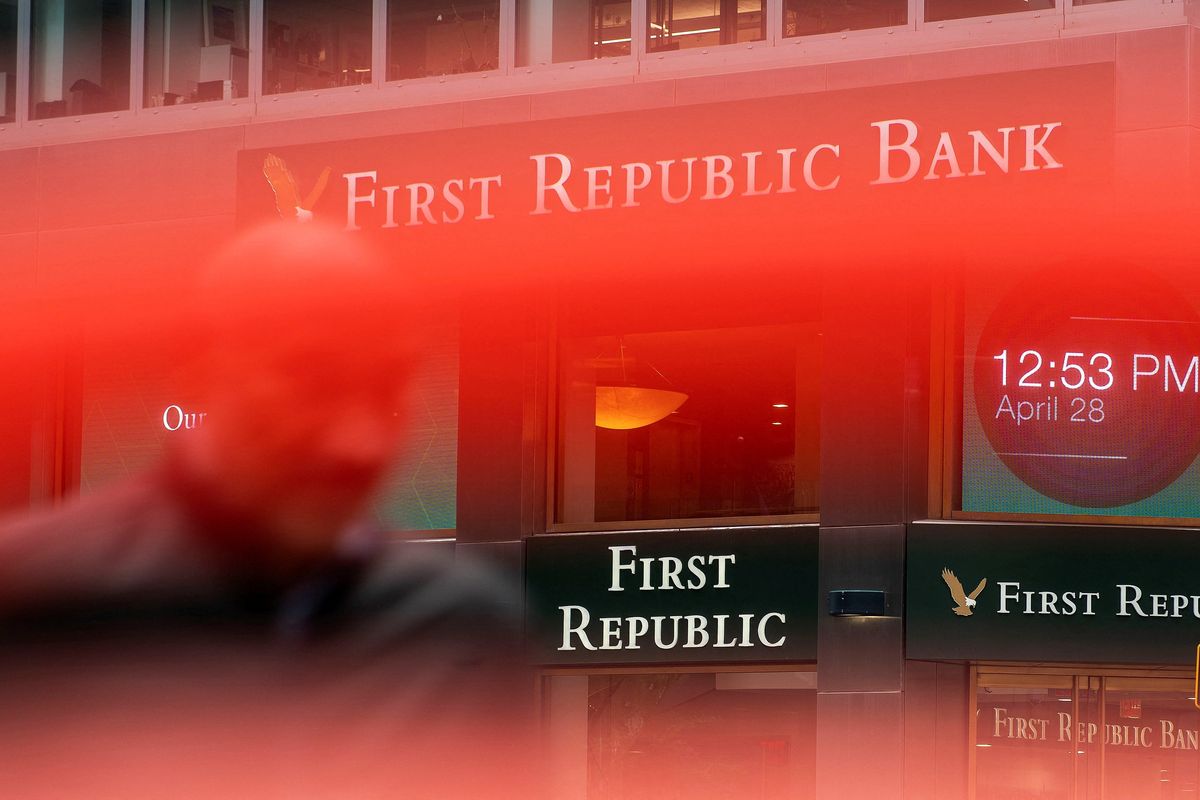Just hours before US markets opened on Monday, regulators seized First Republic Bank and sold all of its deposits and most of its assets to JPMorgan Chase. The move aims to stem fears of further turmoil in the US financial sector following the collapses of two other midsize banks —Silicon Valley Bank and Signature Bank — in early March.
Under the deal brokered by the Federal Deposit Insurance Corporation, clients will have full access to their deposits, and JPMorgan will share losses on its loans. The FDIC, which insures individual deposits up to $250,000, will take a $13 billion hit to its insurance fund.
When the US banking crisis erupted almost two months ago, 11 big US banks swooped in to save FRB by injecting $30 billion to shore up investor confidence. But the bank's dismal quarterly earnings report showed that the rescue only temporarily stopped the bleeding.
The US intervention is similar to when the Swiss government managed the sale of Credit Suisse to rival UBS. And it highlights the danger that higher interest rates pose for the balance sheets of banks that bought lots of bonds when rates were almost zero and now have to sell them for a much lower price.
Full disclosure: First Republic Bank is a longtime sponsor of GZERO.






